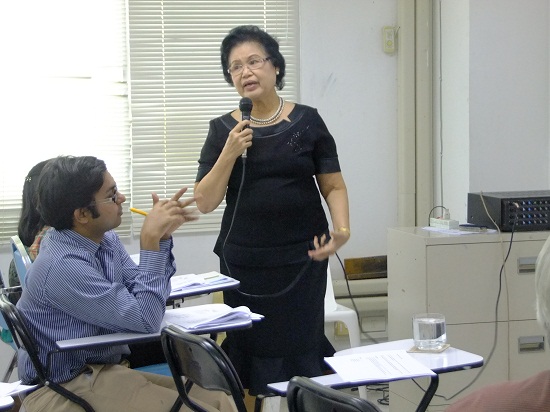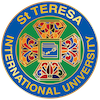“ WE TEACH WHO WE ARE ! “
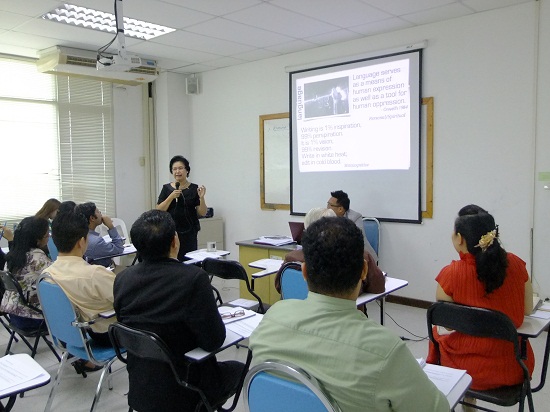
“ WE TEACH WHO WE ARE ! “
Reflective and Transformative Pedagogy
By Prof. Dr. Rosario P. Alberto
Reflective and transformative pedagogy is an innovative perspective on the teaching learning process. In terms of philosophy, it is student-centered and truth-driven. Basically it focuses on the relationship in the classroom between the Teacher, the Learner and the Truth (subject matter). It is the Learner, not the Teacher, who is ultimately responsible for learning. The Learner should be doing most of the work. The Teacher plays an important role in promoting learning but not by being the “main attraction”.
The Teacher should have empathy and empowerment which means that s/he should care for students and help them feel responsible for their learning. Experiences in the classroom should be designed to motivate students and help them learn. The teacher should have expertise and enthusiasm so as to inspire students to learn and love the subject matter. For teachers to be effective they should engage students in reflection . Reflection is an act of “uncoverage”. Typically, teachers cover the subject matter ; in reflection, they help the students uncover the underlying insights. Insights are not facts but inferences from facts. They are made up of the concepts, principles and theories that weave many facts into revealing and useful patterns They involve prioritizing ideas that enable us to make sense of past lessons, ask deeper questions and create new knowledge Through this process, transformation takes place .
Prof. Dr. Rosario P. Alberto, Dean of the Graduate School, STIC is seen presenting “ We teach who we are ! “ paper to teachers of the STIC on August 28 at Room 301. She explained about “ Reflective and Transformative …. Towards Reflective & Transformative Learning “ relating to the problem with education today. “Our students have changed radically. Today’s students are no longer the people…..our people educational system was designed to teach.”
About 30 STIC teachers attended the class to listen her great presentation. In conclusion, Prof. Dr Rosario delivered the useful tips – A checklist for Implementing IPP. They are as follows:
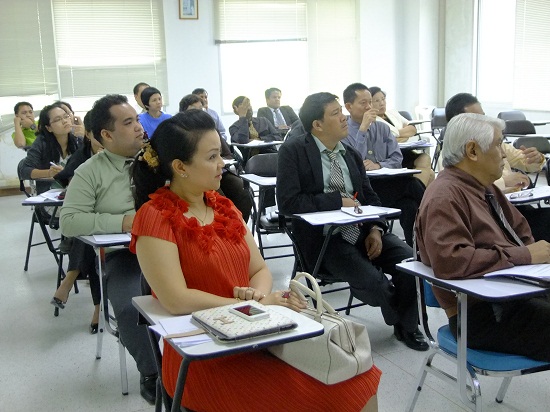
- When preparing for class, plan for a UNIT OF STUDY, not a single lesson.
- Consider the CONTEXT of the student before the learning cycle begins. The Academic Context, at the very least, should be noted.
- State the REFELCTION points in the Learning Objectives and make sure to formulate corresponding REFLECTION QUESTIONS.
- Include ACTION GOALS in the Learning Objectives. Plan for their Assessment before designing the learning Experience .
- Design the LEARNING EXPERIENCE in such a way that it is not merely one-dimensional, but holistic.
- After the unit plan has been implemented, make sure to conduct an EVALUATION that is data-driven. (Photos by Phitsanu Thepthong )
